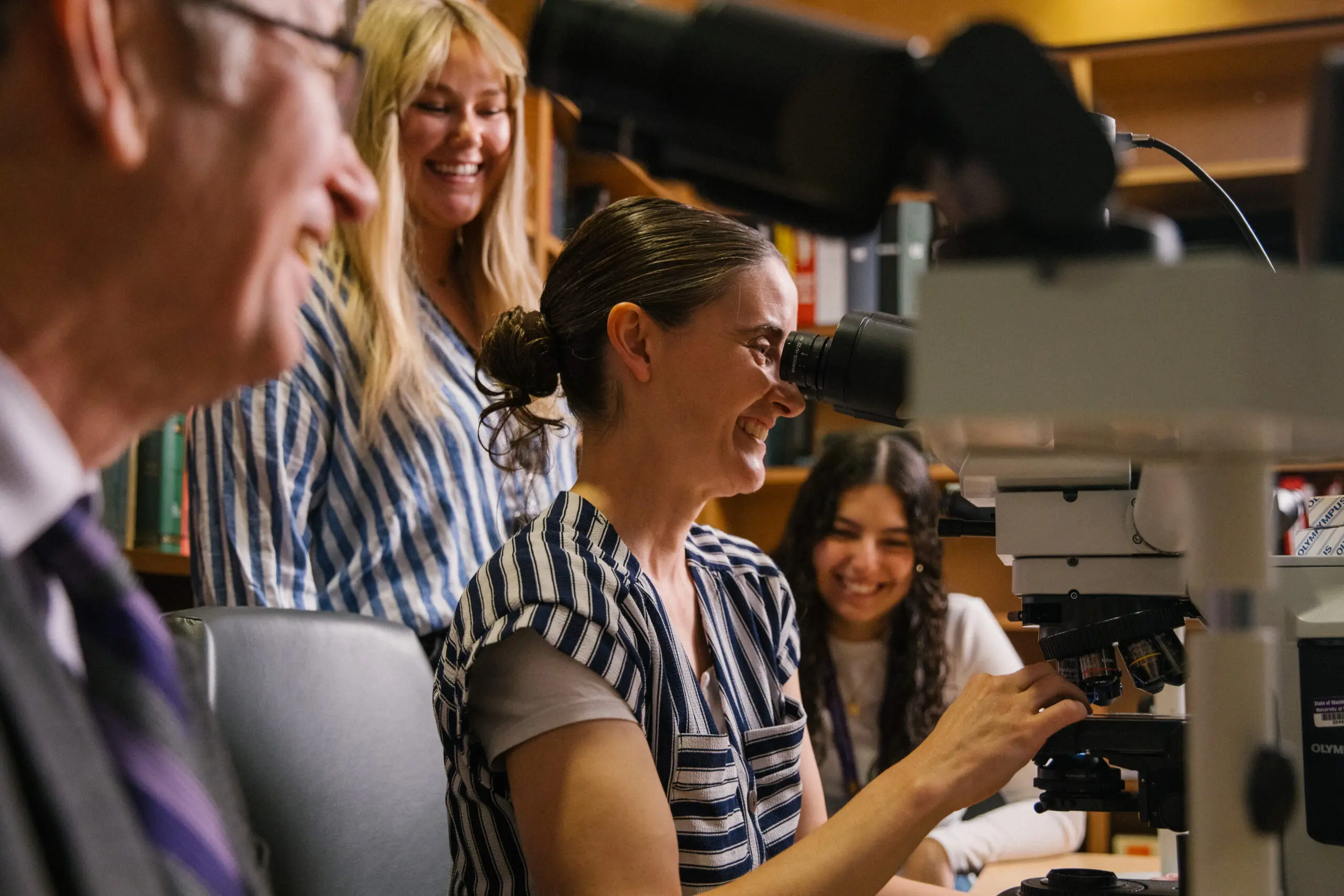On the way to a friend’s wedding, Rajeev Saxena, M.D., MBA, a resident physician in the UW Department of Anesthesiology and Pain Medicine, discovers the power of training for an emergency. This is his story.
This is the scene: My wife, a friend and I are standing in a rental car line at an airport. It’s shortly after midnight. We are ready to head to the hotel after a long flight. Suddenly, the rental agent’s face goes white, and she drops the phone and runs to the back parking lot. A few minutes later, she returns, looking panicked.
“Is there a doctor here?” she shouts into the crowd.
If you’re a health professional, this can be a stressful moment. You must spring into action despite any trepidation. That day, though, I felt especially prepared. One week prior, I had a simulation training at WISH [the WWAMI Institute for Simulation in Healthcare, part of UW Medicine] that would prove extremely helpful for what happened next.
Practice is essential
As a resident, I have benefited tremendously from WISH. Simulations allow you to practice certain skills, sometimes rare skills, that are extremely helpful when it comes time to help actual patients.
For example, in one teaching scenario, one of our simulated “patients” was losing a lot of blood from a nose bleed that wouldn’t stop with standard treatments. In these critical situations, there’s a technique that involves inflating a balloon into the back of the nose to stop the bleeding, but most doctors don’t have any experience with it.
Several months later, I had to perform this procedure alone, during the middle of the night, on a patient who had lost over a liter of blood. But I was prepared because of the WISH simulation experience.
Preparing for the unexpected
Some surgical or medical simulations are visceral. They’re designed to teach critical action under pressure — like the day we practiced emergent airway surgeries on larynx models. You have only a few seconds, and the stakes are life or death. Practice is essential.
Other simulations emphasize the importance of leadership and communication, and WISH instructors try to make the experience as real as possible.
For instance, in a recent anesthesiology simulation, the setting was a staged coffee shop. Imagine that a man falls, and he does not respond. Something’s wrong. You’re the only medical expert there, but you don’t have your medical supplies. What do you do?
The class thought the lesson was about performing advanced cardiac life support (ACLS). But that was just part of the lesson. One of the WISH instructors hovered over the patient, boxing us out and making it impossible to perform our jobs. It turned out that the real lesson of the simulation was how to manage a disorderly environment.
You can know all the medicine in the world, but it only helps if you can manage the scene and communicate effectively. Little did I know how useful this lesson would be just one week later.
Staying cool, calm and collected
Fast forward to that day in the rental car line. In an odd stroke of luck, I happened to have packed my stethoscope and a few medical supplies. I grabbed my backpack and ran with the agent to the parking lot, where I saw a woman lying on the pavement in a pool of blood. She had a large cut on the back of her head and was slow to respond to my questions.
The agent was sobbing and asked me, frantically, if her friend would be okay. The situation was becoming chaotic. I thought back to my WISH training — how do I control the environment?
I looked at the agent and calmly said, “I want to take care of your friend. We have the same goal, but it’s very important for you to step aside, so I can do a good exam.” Then I helped escort her to the side so I could perform an evaluation.
The exam revealed that the woman on the ground likely had a seizure before falling. Thankfully, she was in stable condition with a reassuring exam, which I communicated with the paramedics when they arrived.
As a physician, it’s my duty to be prepared for unexpected situations — situations like the one at the car rental kiosk, and probably others with significantly higher stakes. And in more ways than I could’ve imagined, WISH prepared me — and continues to prepare me — for taking real-world action.

